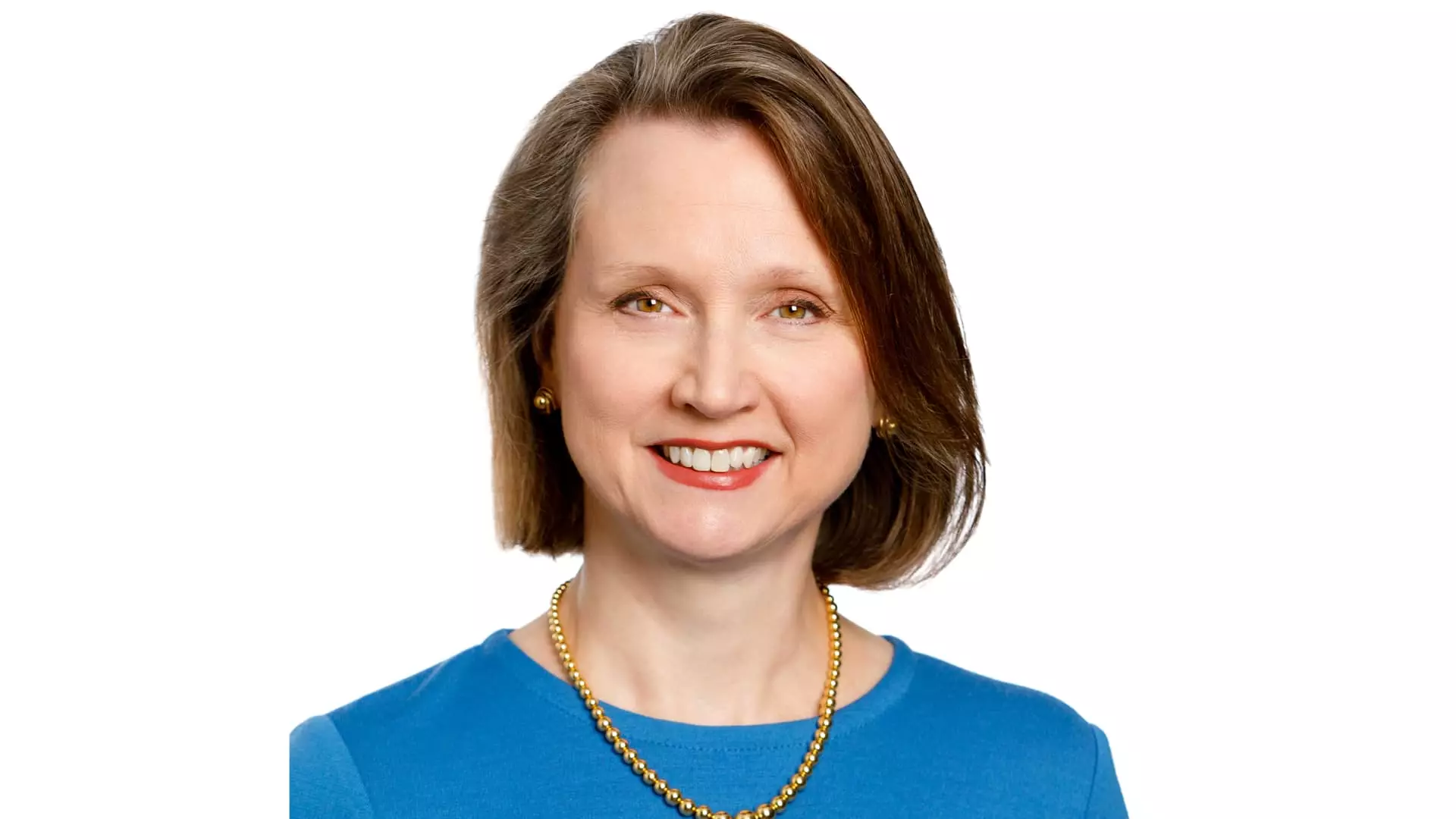Kathryn Glass’ trajectory from the world of Japanese literature to becoming a pivotal figure in high-yield finance is a striking testament to her adaptability and intellect. Glass, who embarked on her academic journey with a focus on the profound intricacies of language and literature, reflects the story of many who find their true calling through unexpected turns. Initially, she immersed herself in academia, earning degrees from esteemed institutions such as the University of Pittsburgh and Cornell University. However, her eventual pivot into finance illustrates not only a personal change but also highlights a broader trend wherein traditional career paths are increasingly being disrupted by evolving market requirements.
Her decision to transition into finance was catalyzed by an internship at Federated Hermes that introduced her to the dynamic world of investing. This pivotal moment emphasizes the importance of practical experience in fostering a genuine passion for finance. Glass’s story serves as a compelling reminder that one’s education and career journey need not be linear; it can encompass diverse fields that, when combined, create unique qualifications for navigating complex industries. The modern economy thrives on interdisciplinarity, and thankfully, the finance sector is beginning to recognize the value of talents that lie beyond conventional boundaries.
Navigating the High-Yield Landscape: A Delicate Balancing Act
As co-head of the high-yield fixed-income group at Federated Hermes, Kathryn Glass is well aware of the precarious balance that characterizes the current financial market. With approximately $13 billion under her leadership, she is tasked with managing investment risks while navigating a turbulent landscape riddled with uncertainty. Glass has aptly described the market as teetering on the edge of a “Goldilocks-type scenario,” where present conditions may appear just right, yet the underlying complexities point to imminent risks.
In her careful assessment, Glass acknowledges that valuations in the high-yield sector can often be a misleading indicator of future performance. This admission challenges the conventional wisdom that relies heavily on metrics and historical data alone. Instead, she emphasizes the importance of qualitative analysis in understanding the narrative behind each investment—essentially viewing high-yield bonds as compelling “stories” with nuanced characters, challenges, and opportunities. The recognition that the investment landscape requires both analytical and emotional intelligence positions Glass as a leader who transcends mere financial expertise.
A Forward-Thinking Approach to Asset Allocation
Kathryn Glass’ methodology for managing high-yield investments starkly contrasts the more traditional macroeconomic models frequently employed in finance. Her team’s strategy hinges on a bottom-up analysis, focusing on company balance sheets and management capabilities rather than on aggregate economic indicators. This innovative approach recognizes that the heart of investment lies not just in numbers, but in understanding the people behind those numbers.
Furthermore, Glass’s cautious shift towards lower-spread names, while still operating within the junk bond market, indicates a thoughtfulness in asset allocation that many in the industry could learn from. By seeking higher-quality issuers that may still be classified as junk, she is strategically positioning her team to weather potential market disruptions. In her view, the luxury of current market conditions may slip away without warning, thus necessitating a preparedness to act decisively when opportunity arises.
The Reputational Factor: Building Trust in Investing
A striking element of Glass’s success is her emphasis on the relationships she cultivates within the financial ecosystem. As she observes market dynamics, she recognizes that understanding management teams adds another layer to the investment thesis. This relational approach underlines the importance of trust in investing—a sentiment that extends far beyond the department of finance. It speaks to the human element in financial decision-making, where personal connections and comprehension of corporate psychology can significantly influence outcomes.
Her leadership in a manner that values these relationships promotes a cycle of trust not only within her team but also among the broader investment community. In an industry frequently mired in skepticism, fostering transparency and communication can present a competitive edge that traditional analytical methods cannot replicate. It’s an ethos that centers around collaboration, integrity, and the acknowledgment of shared goals.
Ready for Volatility: An Industry Perspective
In these uncertain times, Glass’s insights provide a refreshing perspective on the high-yield bond market’s complexities. By recognizing the indispensable role of adaptability and the need to remain vigilant, she embodies a forward-thinking approach that seeks to thrive amid volatility. While many investors may feel overwhelmed by the tight spreads and fluctuating economic indicators, Glass takes a calculated stance, understanding that what lies beneath the surface is often more significant than the headlines.
As the market evolves, so too must our understanding and approaches toward investment. Kathryn Glass exemplifies the modern investment leader: analytical, relational, and above all, fearless in the face of uncertainty. Her journey is not merely a personal achievement but a beacon of how embracing diverse experiences can unlock potential in unexpected domains, ultimately enriching the financial landscape for everyone involved.

